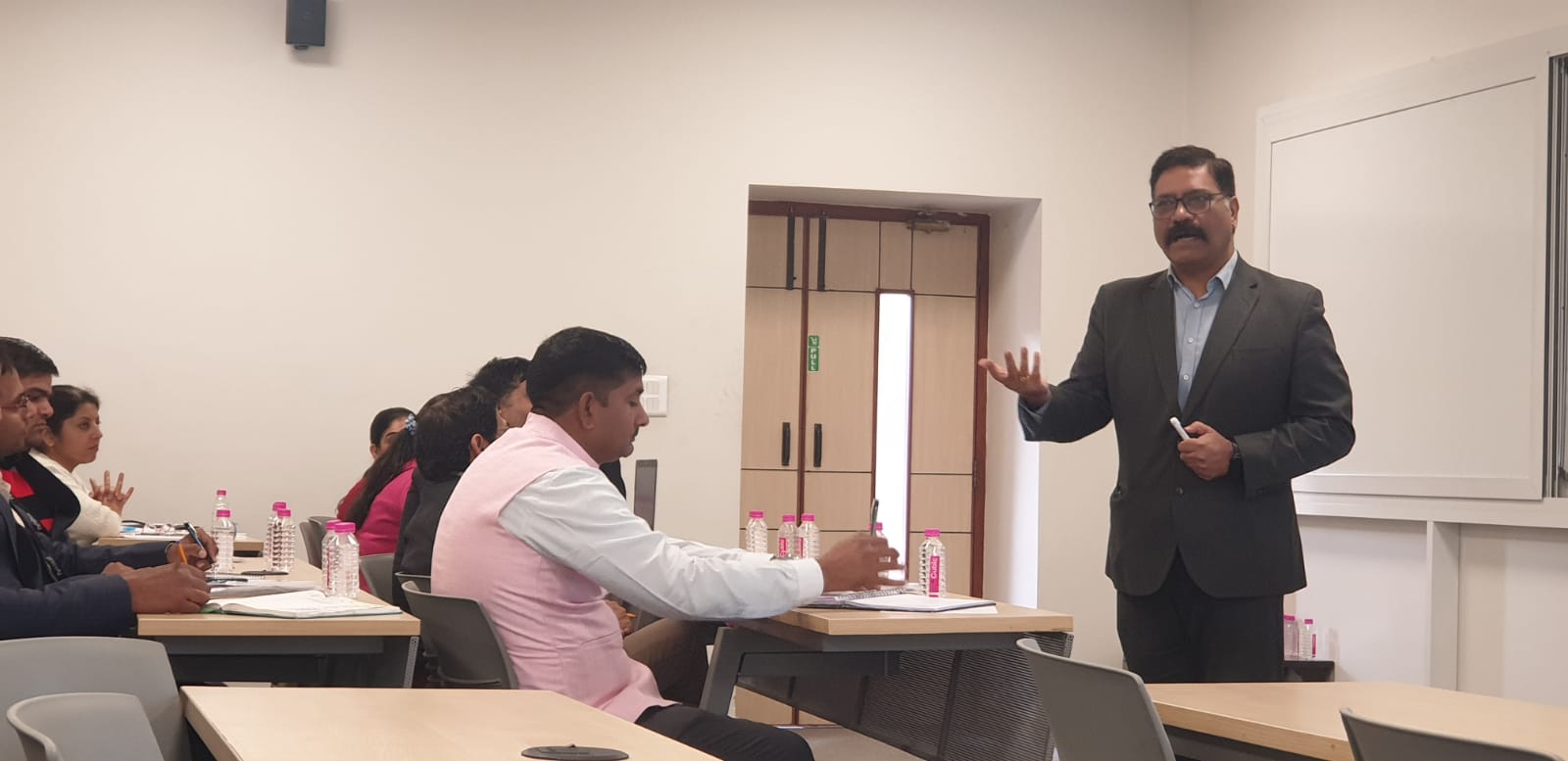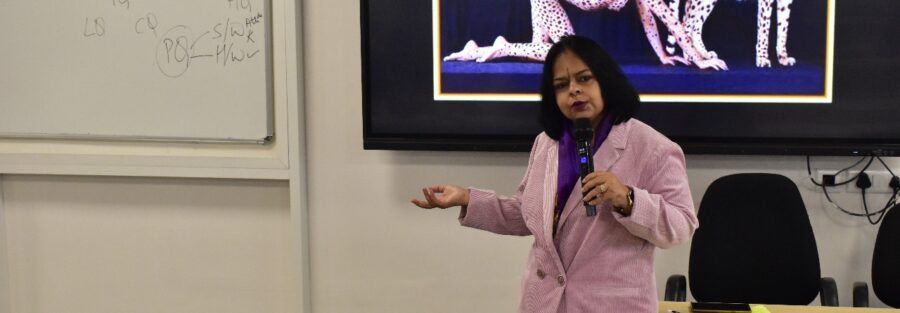Recently, while conducting a Faculty Development Program (FDP) at Jaipuria Institute of Management, we delved into a thought-provoking discussion: Is EQ (Emotional Quotient) more vital than IQ? For educators—be it owners, principals, or the teachers shaping young minds in classrooms—the implications are profound. Social and Emotional Learning (SEL) emerges as a cornerstone in equipping students not just with knowledge but with the skills and attitudes to navigate life meaningfully.

SEL is more than a teaching methodology; it’s a holistic approach. It ensures that students develop positive personalities, manage their emotions effectively, and achieve their goals while fostering empathy and building strong interpersonal relationships. Ultimately, SEL is a shared responsibility—one that unites educational institutions, families, and communities in nurturing the next generation. Together, they contribute not just to individual growth but to nation-building as well.
At the heart of SEL lie five essential components. The first four mirror the core competencies of EQ: self-awareness, self-management, social awareness, and relationship skills. These pillars guide students in understanding their emotions, managing them effectively, empathizing with others, and forming meaningful connections. The fifth component, however, sets SEL apart—responsible decision-making.
Responsible decision-making is the bedrock of effective citizenship. Students must learn to make caring and constructive choices, balancing personal aspirations with societal well-being. Here lies the real challenge: moving beyond reactive “post-mortems” of decisions to proactive “pre-mortems.” By anticipating the consequences of their actions, students can analyze the impact on themselves, their communities, and the world at large, grounding their decisions in values and ethics.
Developing this capability hinges on several factors. First, fostering a growth mindset and a high curiosity quotient is crucial. Second, educators play a pivotal role in honing students’ critical thinking skills, empowering them to absorb, analyze, and express information in a way that leads to well-informed decisions. Lastly, students must recognize their expanding circles of responsibility—from their own well-being to their families, communities, nations, and the world—a concept championed by Richard Branson.
Norman Vincent Peale had stated that when faced with a problem, study it to gain complete knowledge about it, find the weak link, break down the problem, and the rest (decision making) will be like a cakewalk. Yet, I often observe that many, students and adults alike, rush to solve problems without fully understanding them. This haste undermines the quality of decisions.
If educators embed SEL into their curriculum, equipping students to understand problems deeply and make sound, ethical decisions, we will nurture a generation better prepared to shape the future of humanity. A future where responsible choices pave the way for collective progress and harmony.



